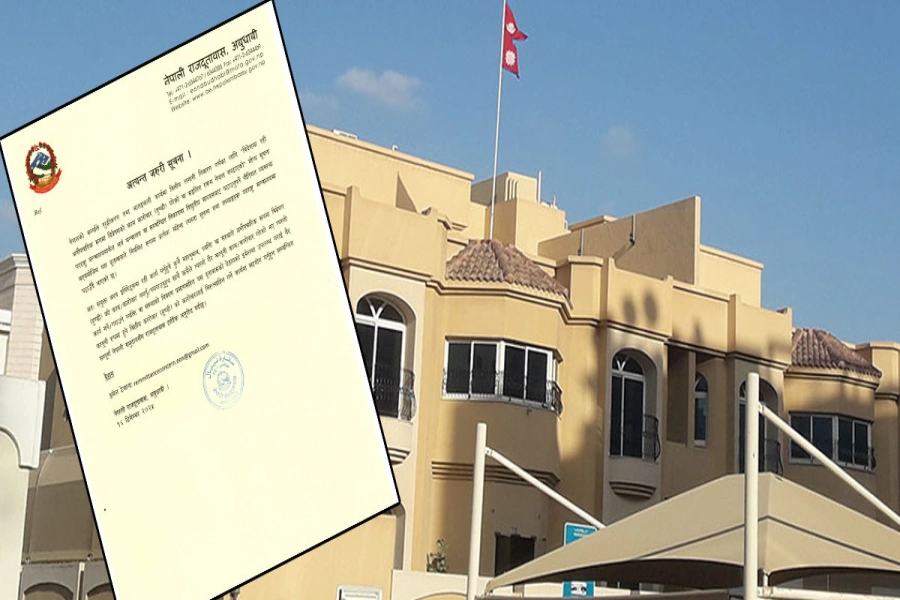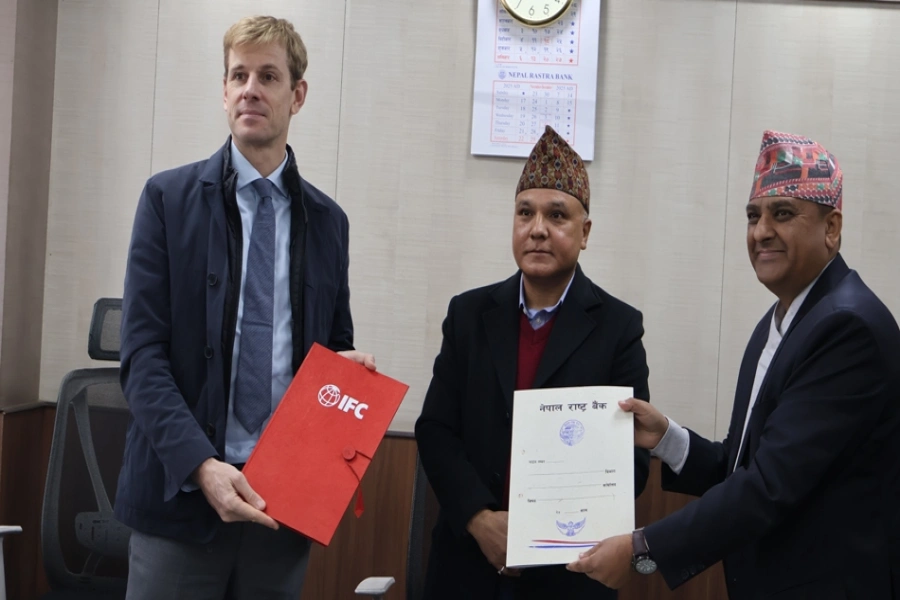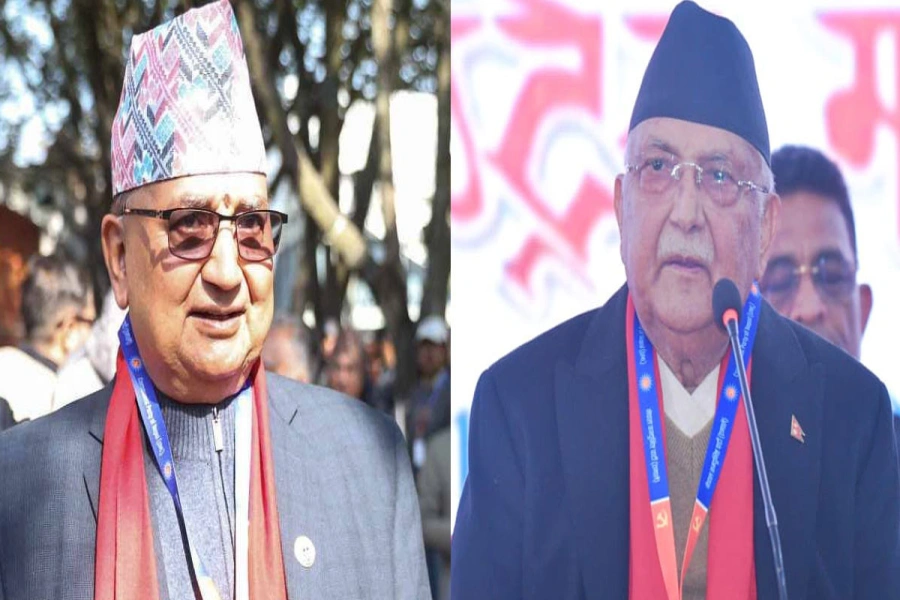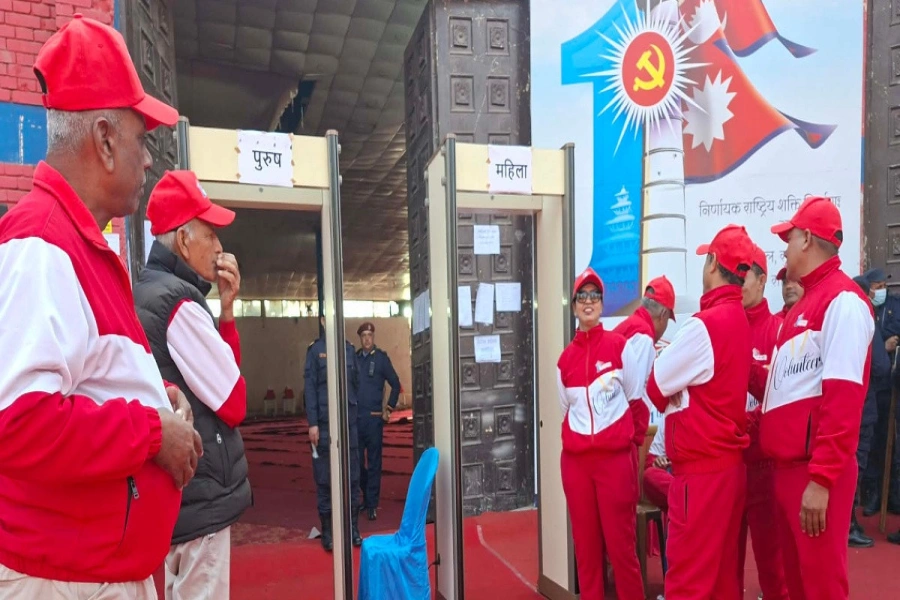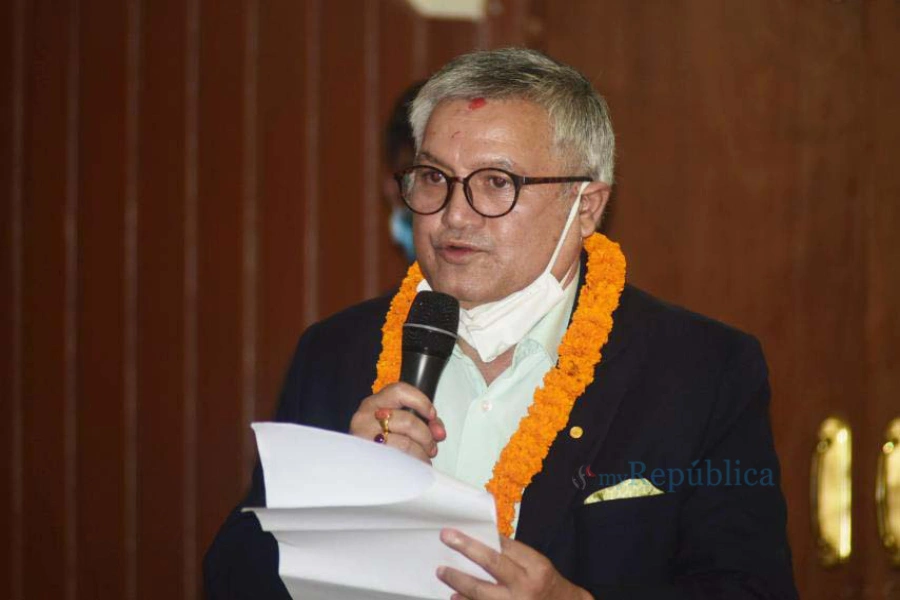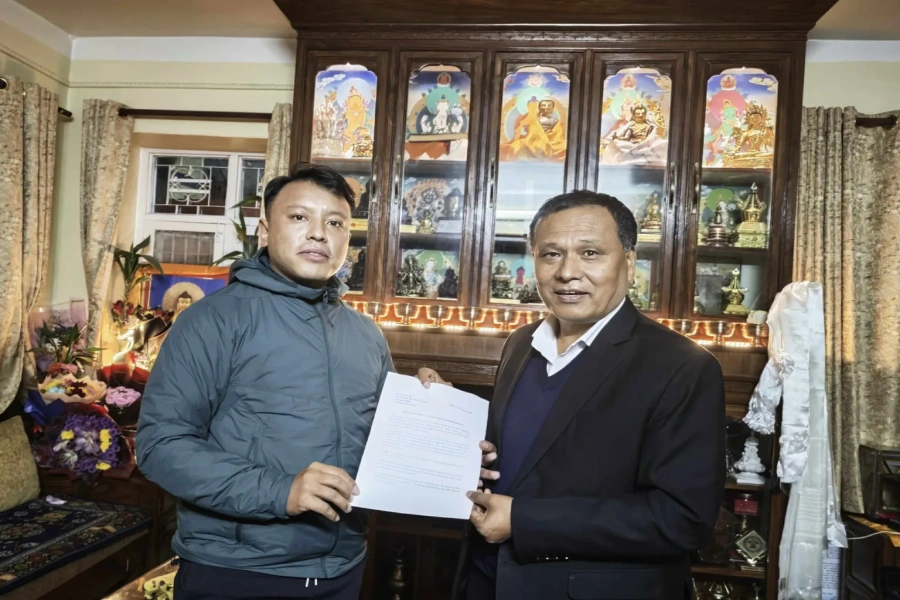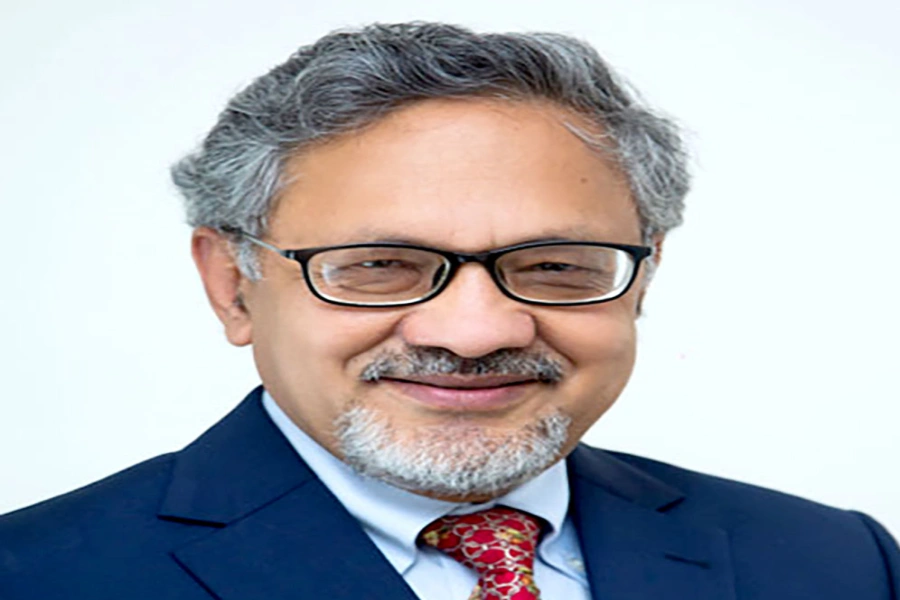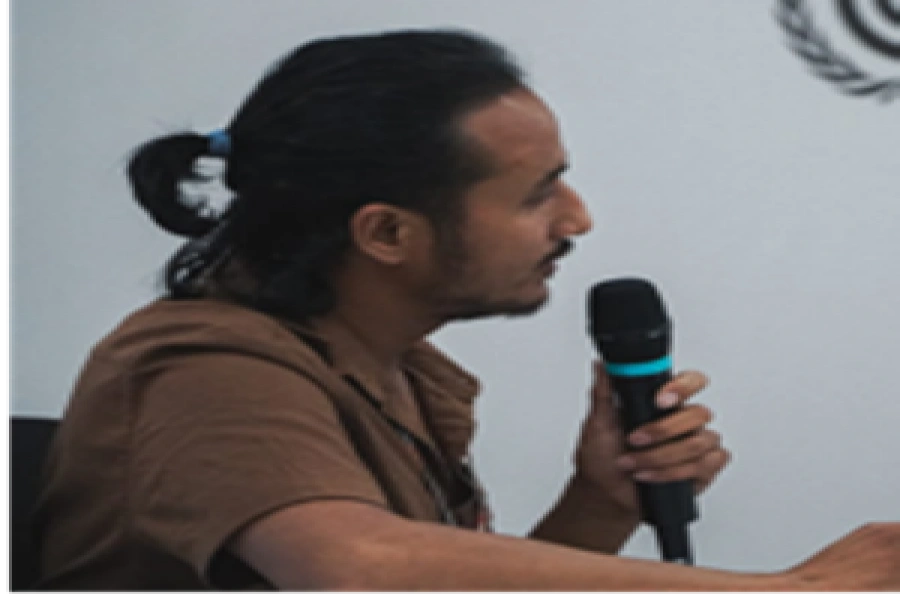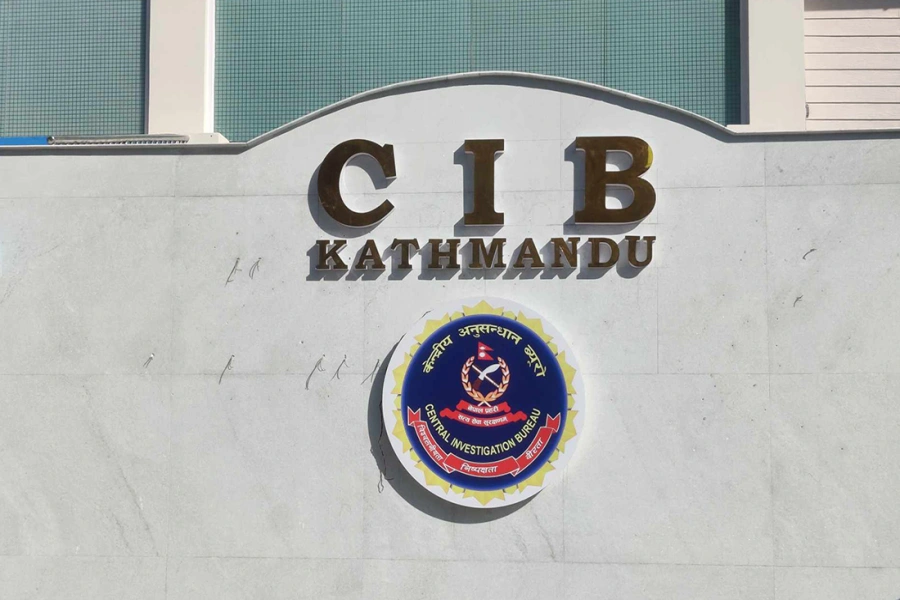KATHMANDU, May 18: Deputy Prime Minister and Home Minister Narayan Kaji Shrestha has said the government was constantly working to put an end to corruption and the practice of undue commissions-taking.
During a meeting with the members of Overseas Coordination Committee and Nepali intellectuals working abroad, close to the CPN (Maoist Center), today, DPM Shrestha said he was constantly working to end corruption and the support of Nepali 'diaspora' was necessary for the same.
Saying economic prosperity and the country's development were not possible without ending corruption and the rent-seeking culture, he expressed the determination that the government would not spare anyone involved in corruption and financial irregularities.
Reforming Anti-Corruption Legislations

The Deputy Prime Minister said, "The government does not accuse anyone without evidence for unnecessary and cheap popularity."
He further said that he has got strong support of Prime Minister Pushpa Kamal Dahal to take the fake Bhutanese refugees scam to a logical conclusion.
On the occasion, the Overseas Coordination Committee drew the government's attention to take stern action against those involved in fraud, human trafficking, crime against the State as well as other illegal activities.
The Committee Chairperson Om Sharma, Joint In-charge Laxman Panta, Secretary Tek Bahadur Pathak and members Surendra Bhusal, Manarishi Dhital, Dr Krishna Kumar Shrestha, among others, were in the delegation.
RSS





